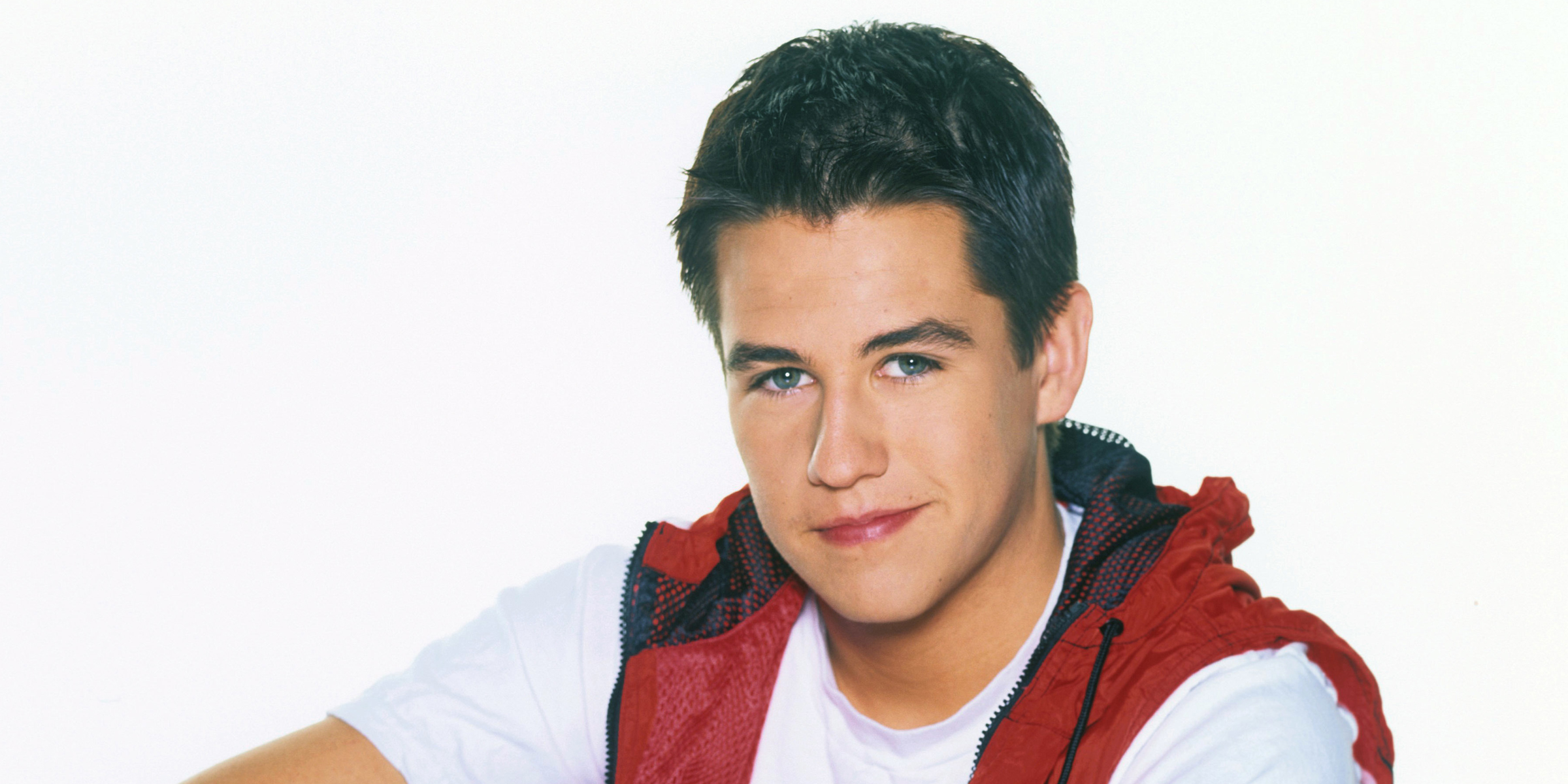
This '90s Heartthrob Once Became Homeless and Hid His Sexuality – Where Is He Now?
The '90s sensation, who had long had a knack for finding light in difficult times, went through some dark periods and eventually came out the other side.
The "Funky Loves" singer launched his career as a teenager, but his life soon spiraled. Over the years, he has spoken candidly about the struggles he faced, including sex work, addiction, and the pressure to hide his sexuality for years.
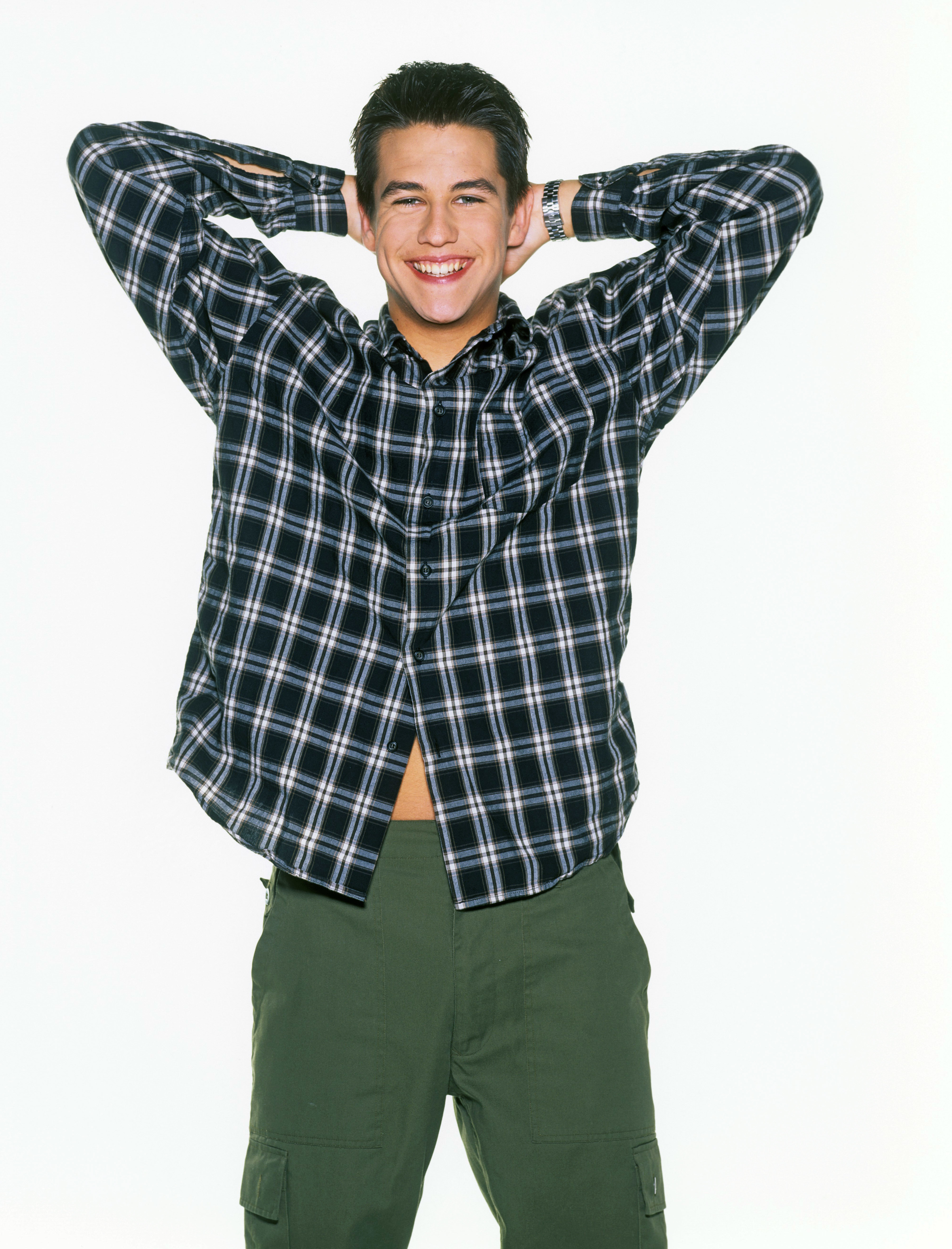
The singer on April 24, 1996 in Munich | Source: Getty Images
The UK native, who grew up in 1980s Manchester with parents who already had a 20-year-old daughter, dreamed of nothing more than becoming a pop star.
Obsessed with music from an early age, he treated Smash Hits magazine as a window into another world. He would bring each new issue home, shutting himself in his bedroom, and getting lost in its pages.
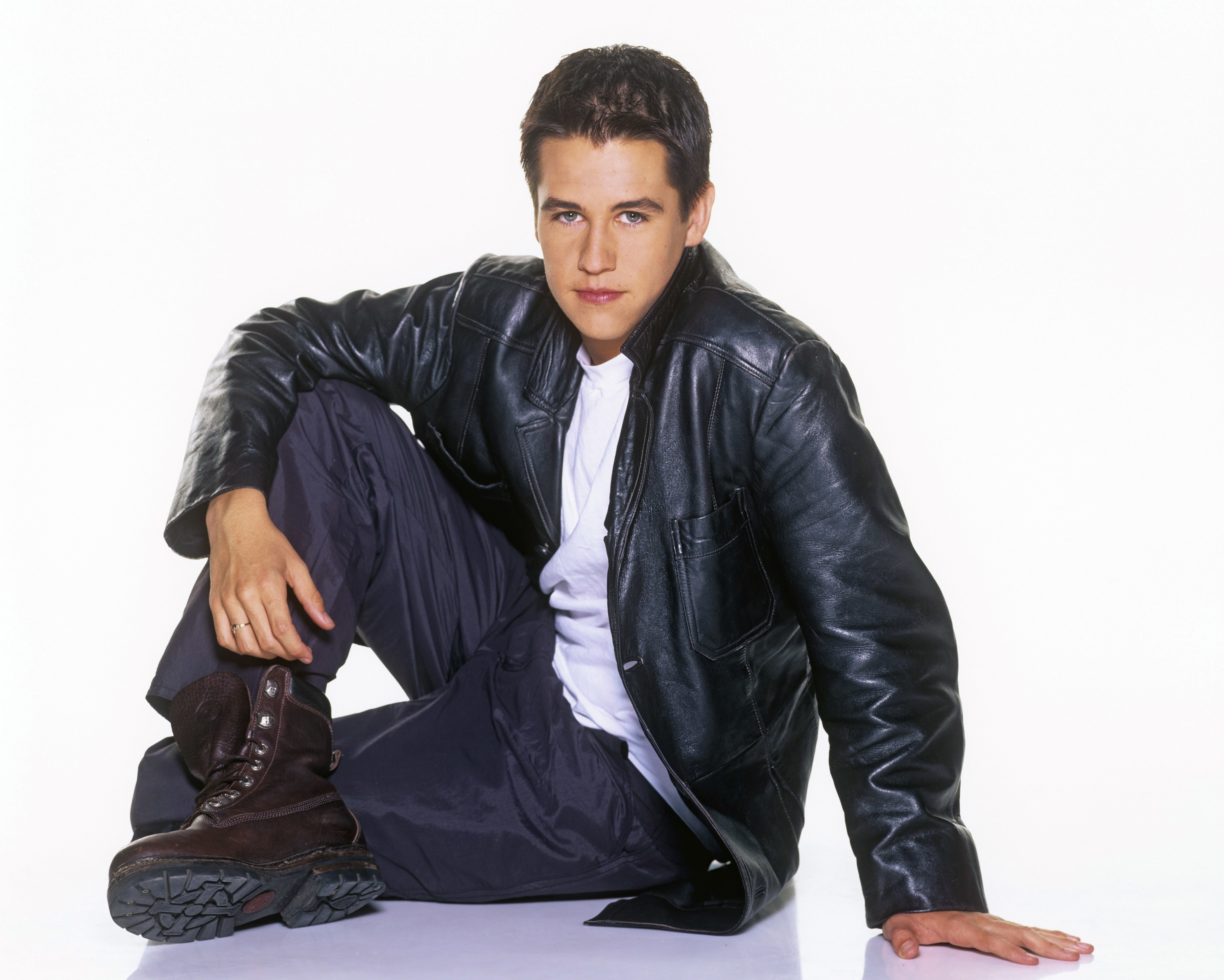
The singer on April 24, 1996 in Munich | Source: Getty Images
The singer also held a firm belief that fame as a pop star was inevitable. Looking back, he admits it may have been rooted in delusion or a desire to escape, but at the time, it felt certain. "I would go around telling everyone that it was a given – I was going to be on Top of the Pops," he shared.
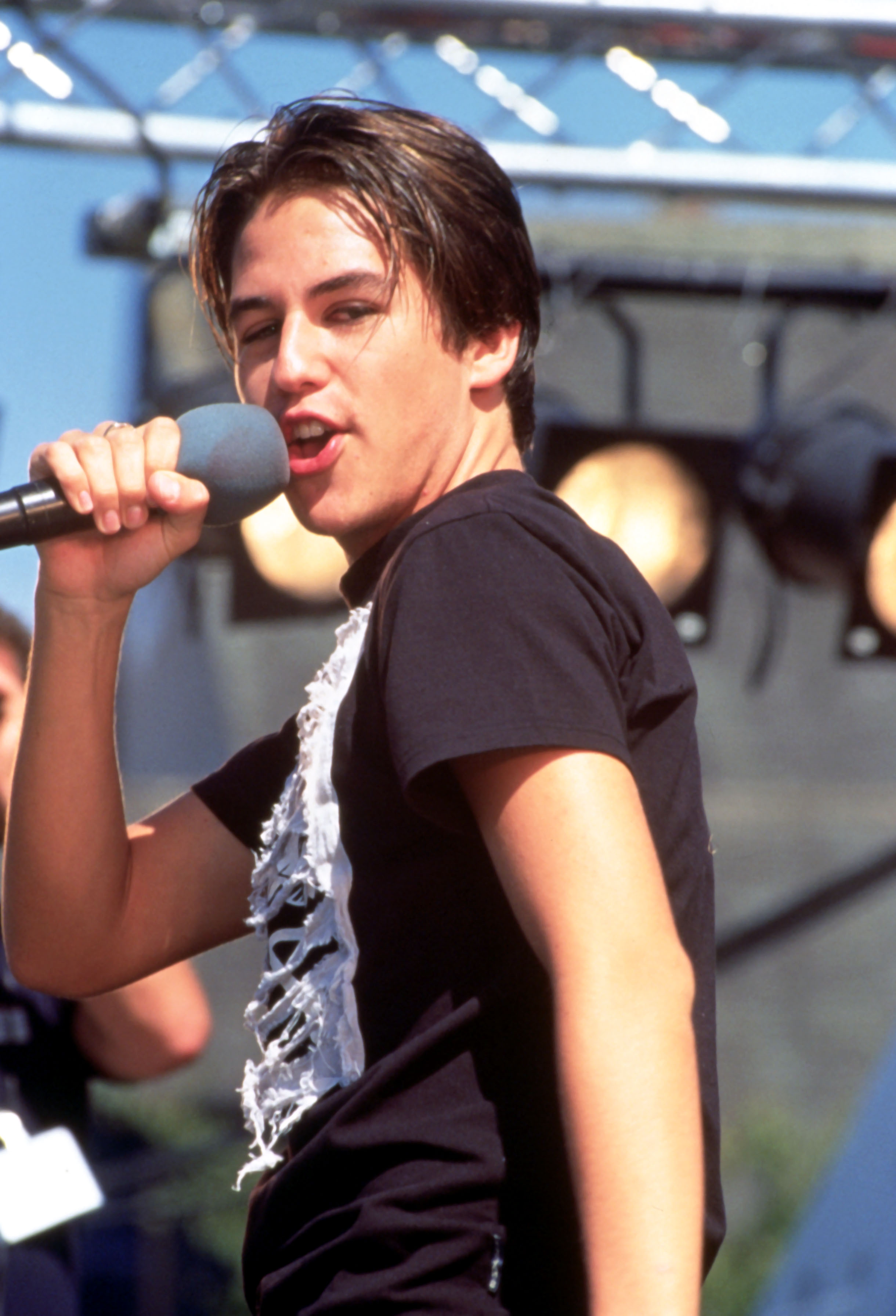
The singer performing live in 1997 | Source: Getty Images
When success finally arrived, with hit singles in the UK charts and a devoted fan base in Asia, he was still just a teenager, caught between excitement and confusion in a world that moved too fast.
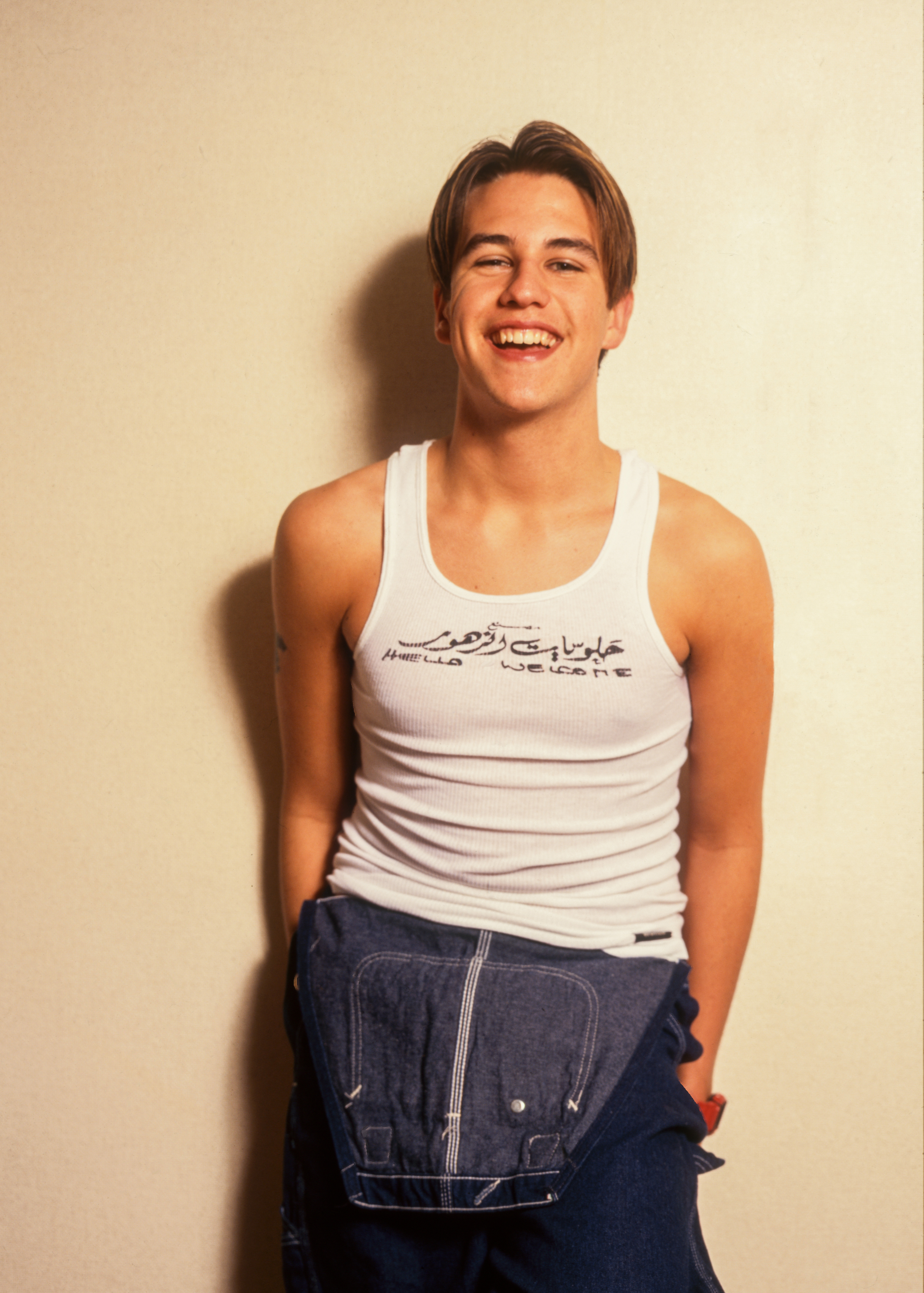
The singer in the United Kingdom in 1997 | Source: Getty Images
He often reflected that the experience might have been less overwhelming had he been part of a group, where support and shared pressure could have made things easier. Instead, he navigated the spotlight alone, all while grappling with body image struggles.
Though he'd shed weight since his early teens, those around him still made comments about his appearance, calling him "chubby" and reinforcing insecurities he hadn't outgrown.
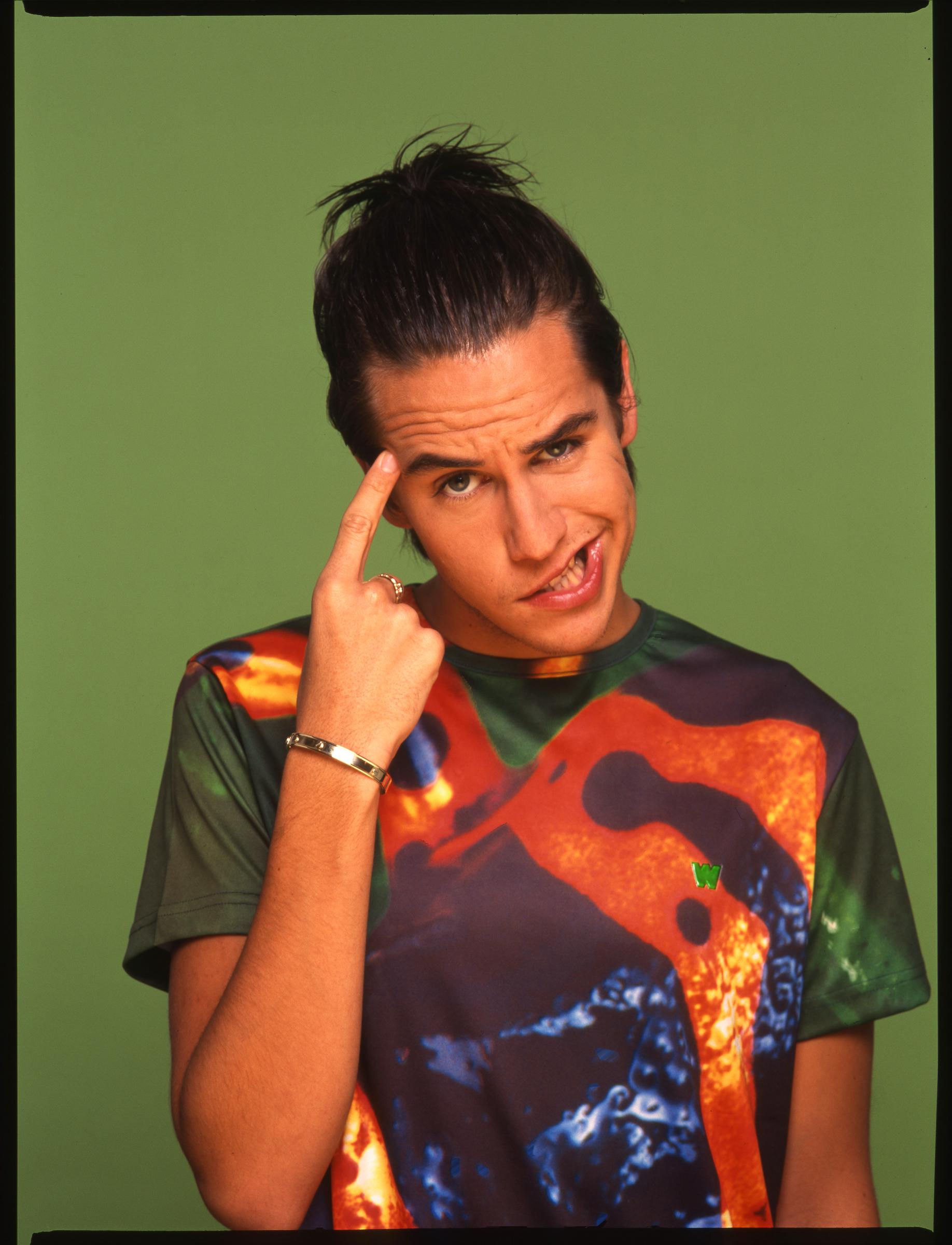
The pop singer in the United Kingdom, circa 1998 | Source: Getty Images
Aside from his struggles with body image, the singer was also consumed by an insatiable hunger for success. Even at the height of his career, taking home Smash Hits and Brit Awards, honors he had once seen as the pinnacle, he struggled to feel fulfilled.
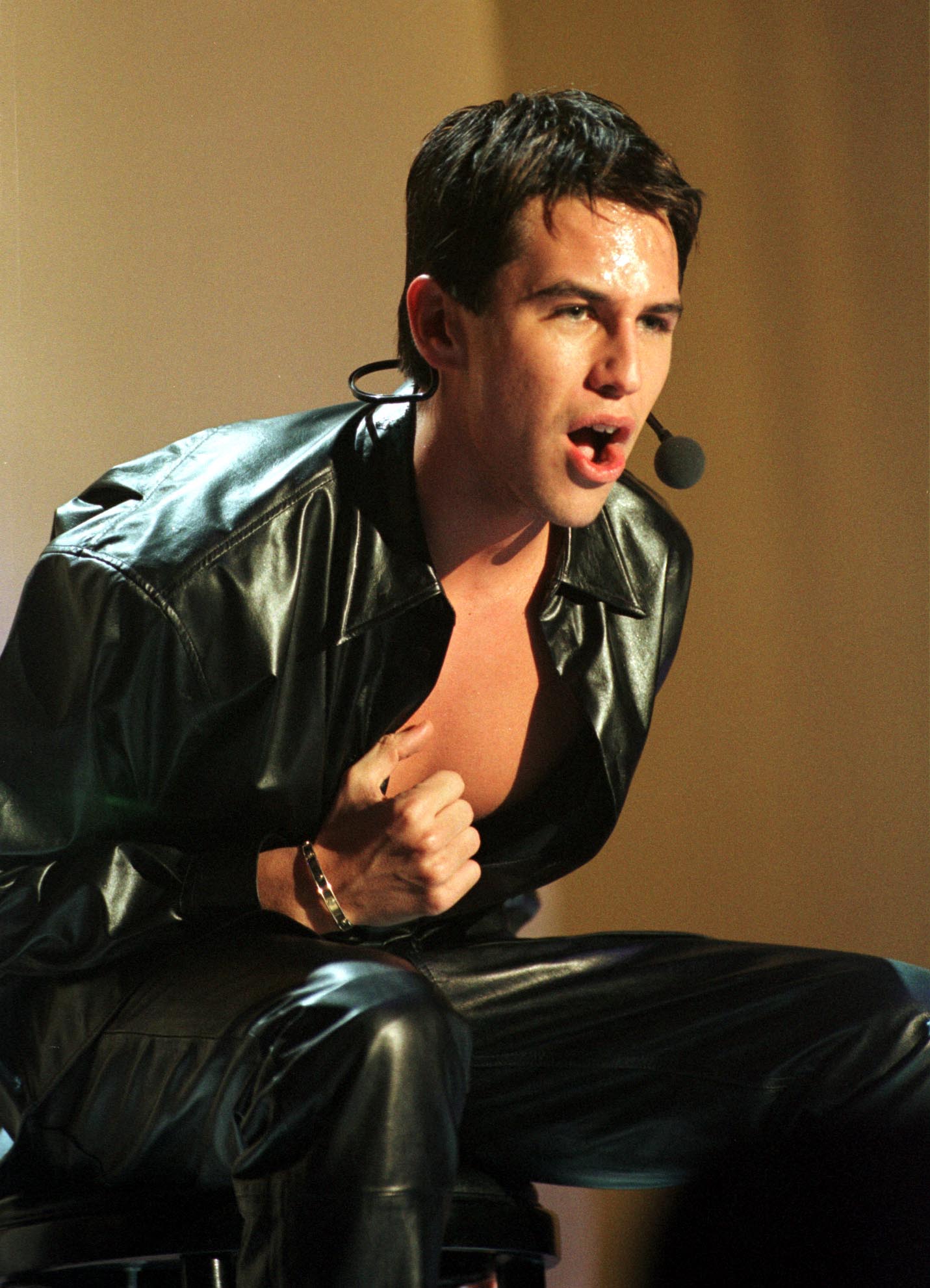
The singer at the Childline Concert in the Point Theatre Dublin on January 23, 1999 | Source: Getty Images
The satisfaction was fleeting, replaced quickly by a craving for more. That relentless ambition eventually drove him to pursue a new dream in America, convinced he could conquer Hollywood despite just being dropped by his label.
Looking back, the "Crazy Chance" crooner views those aspirations with a mix of amusement and disbelief. He recognizes the wide-eyed determination of a young man chasing ever-greater milestones.
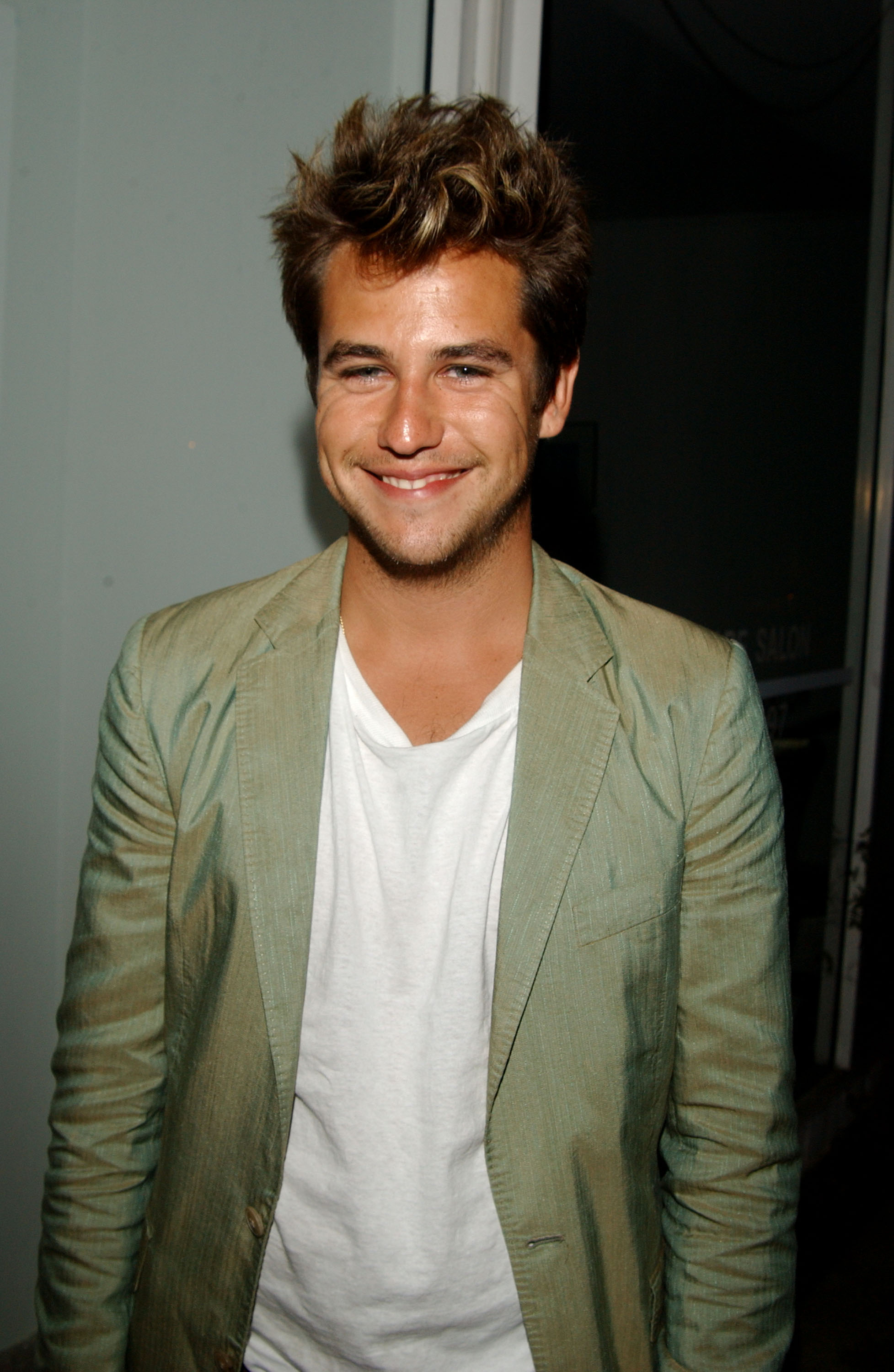
The singer at the Art Of Elysium presents Russell Young hosted by Patricia Arquette on July 12, 2003 | Source: Getty Images
His time in America began with promise but quickly unraveled. After landing a brief soap role, he struggled to find steady ground while pursuing dreams in music and acting. Loneliness set in, along with mounting debt, heavy drinking, and occasional drug use, including crystal meth.
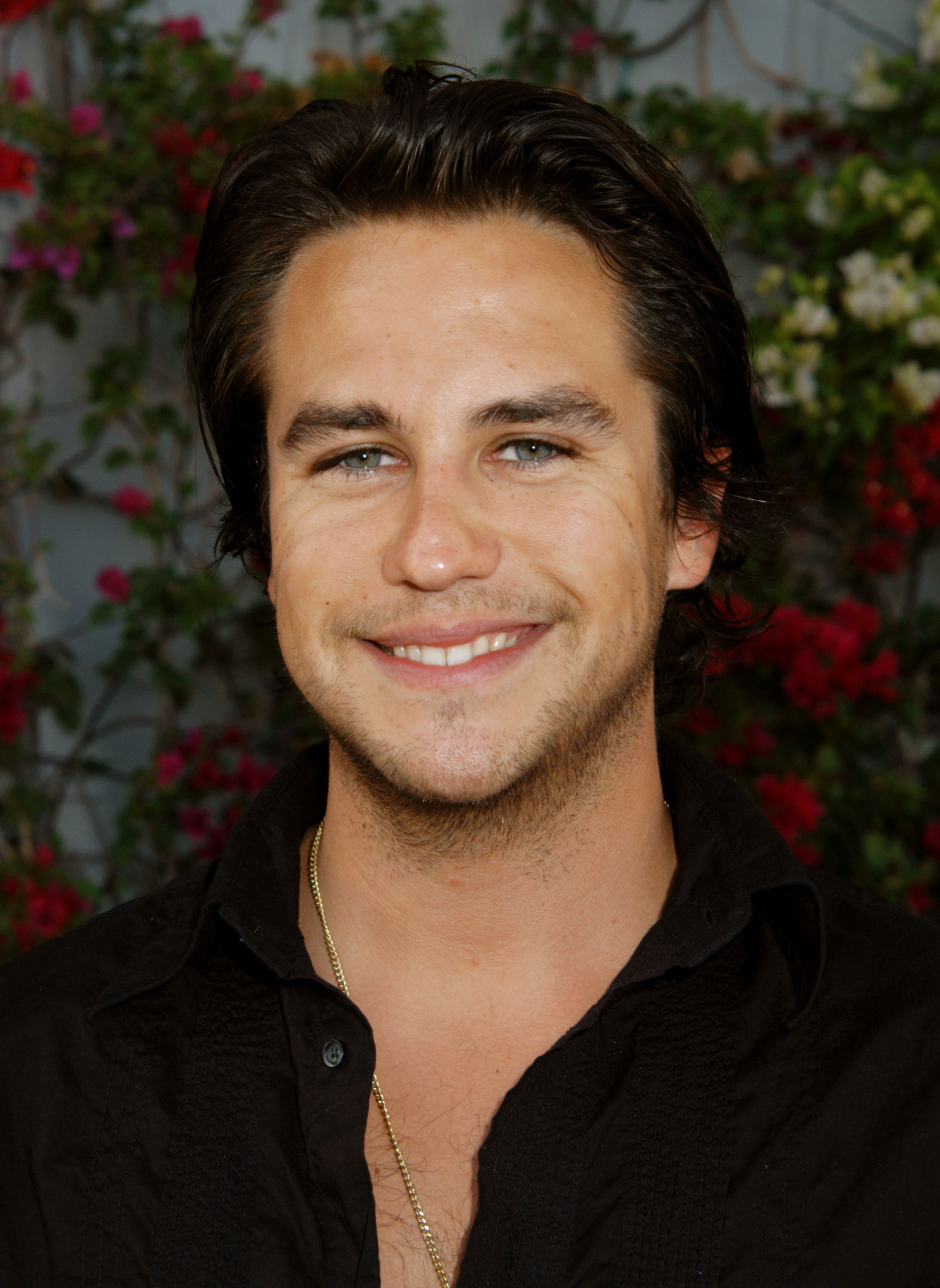
The pop singer during Federico Castelluccio hosts Fris Vodka Benefit for The Michael J. Fox Foundation at Skybar at the Mondrian Hotel in West Hollywood, California, on May 13, 2004 | Source: Getty Images
The artist found himself in risky situations, once waking up in a stranger's flat and realizing he'd been paid for sex. Eventually, he ended up living in a motel. In 2006, after seven years, he returned home and moved in with his elderly parents, penniless and starting over.
Back in Manchester, signing on at the job center was a moment marked by fear and shame. Recognition had shifted from admiration to pity, with people starting to question whether he was the same person they once knew from pop stardom.
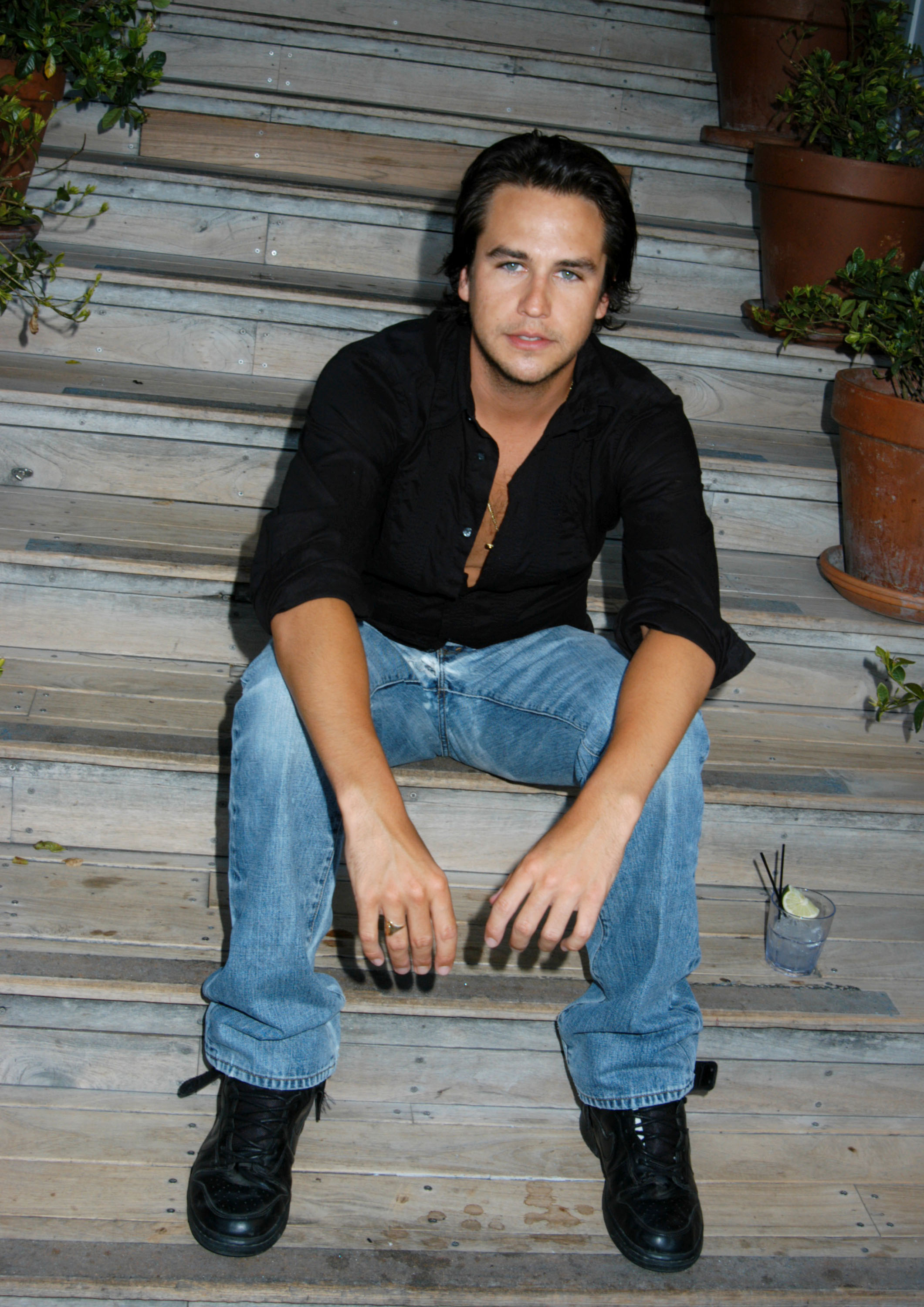
The pop singer during Federico Castelluccio hosts Fris Vodka Benefit for The Michael J. Fox Foundation at Skybar at the Mondrian Hotel in West Hollywood, California, on May 13, 2004 | Source: Getty Images
The singer was burdened by self-consciousness and grief; he turned increasingly to alcohol. For a while, it seemed to help, easing stage anxiety, numbing the pain of losing his father, and later, his sister to cancer in 2019. But what felt like a coping mechanism was quietly dismantling him.
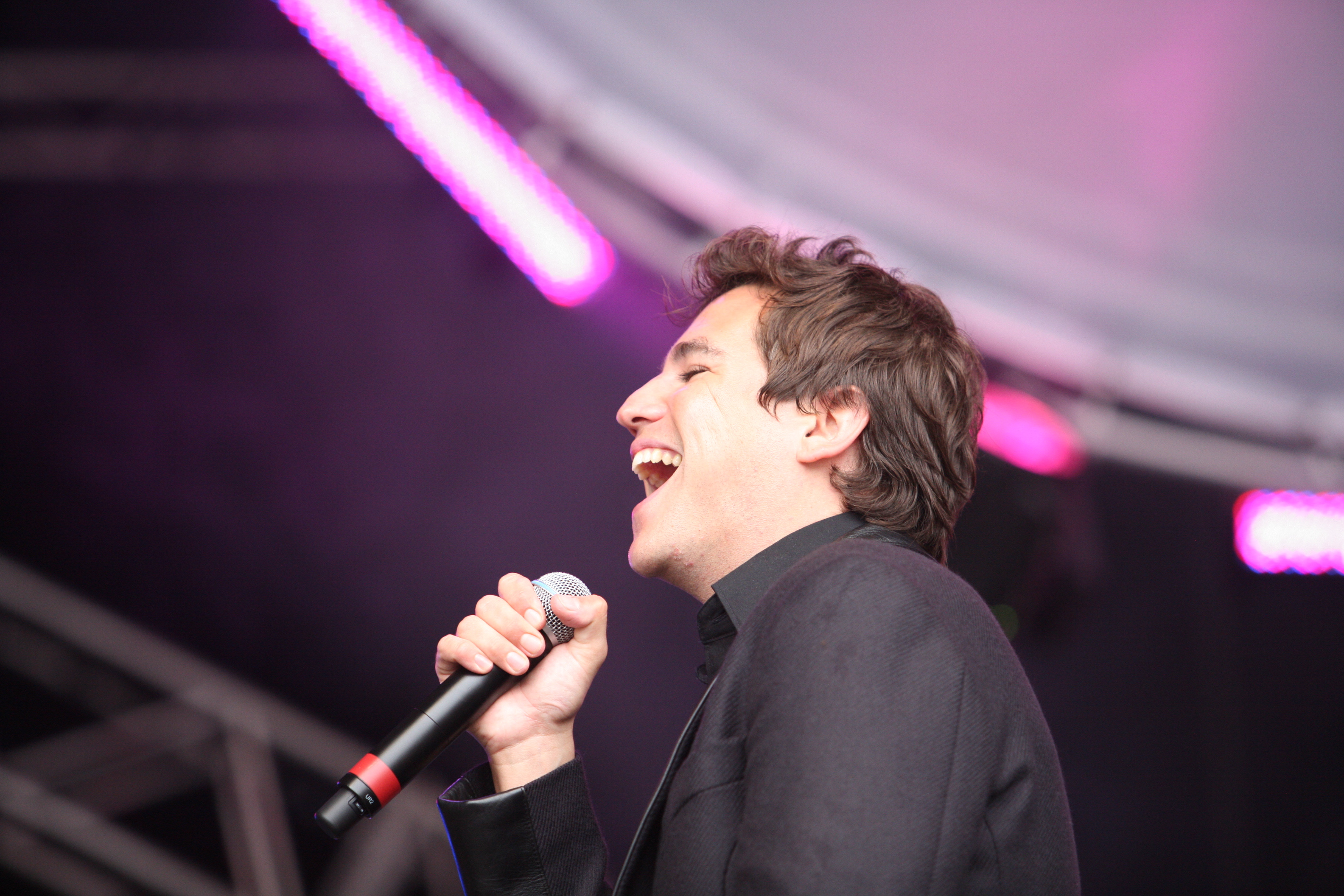
The singer performing live onstage in the United Kingdom on July 15, 2007 | Source: Getty Images
As his addiction deepened, he found himself effectively homeless, secretly living with his mother in her sheltered housing flat. He applied to rehab, more for shelter than recovery, but managed six months of sobriety before relapsing during a songwriting retreat. This time he was drinking straight vodka in a phone box.
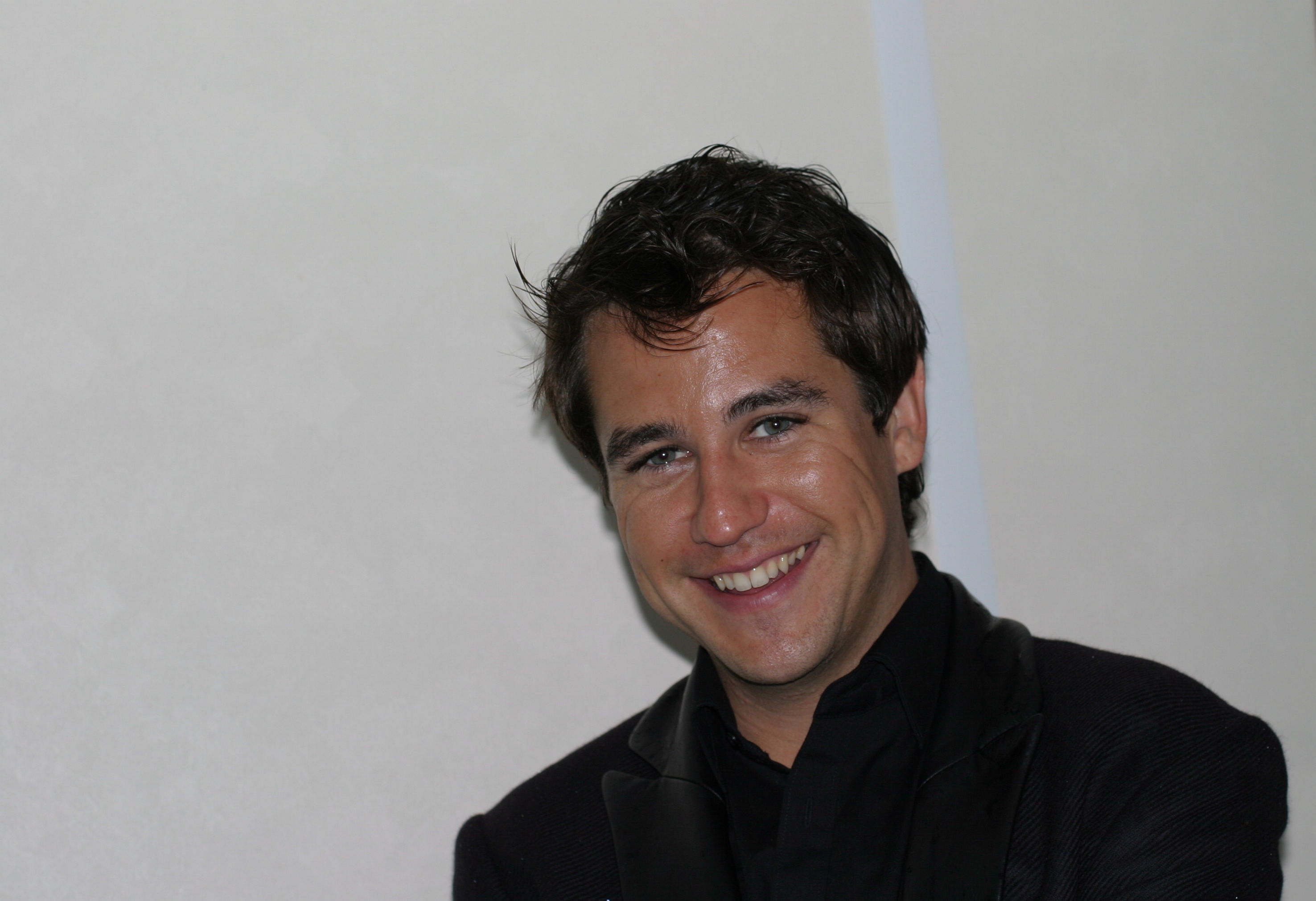
The singer in the United Kingdom on July 15, 2007 | Source: Getty Images
In London, he cycled through periods of attending AA meetings and falling back into drinking. Eventually, mornings began with three-liter bottles of cheap cider and tins of cat food, an attempt to appear less conspicuous, though he knew he was losing control.
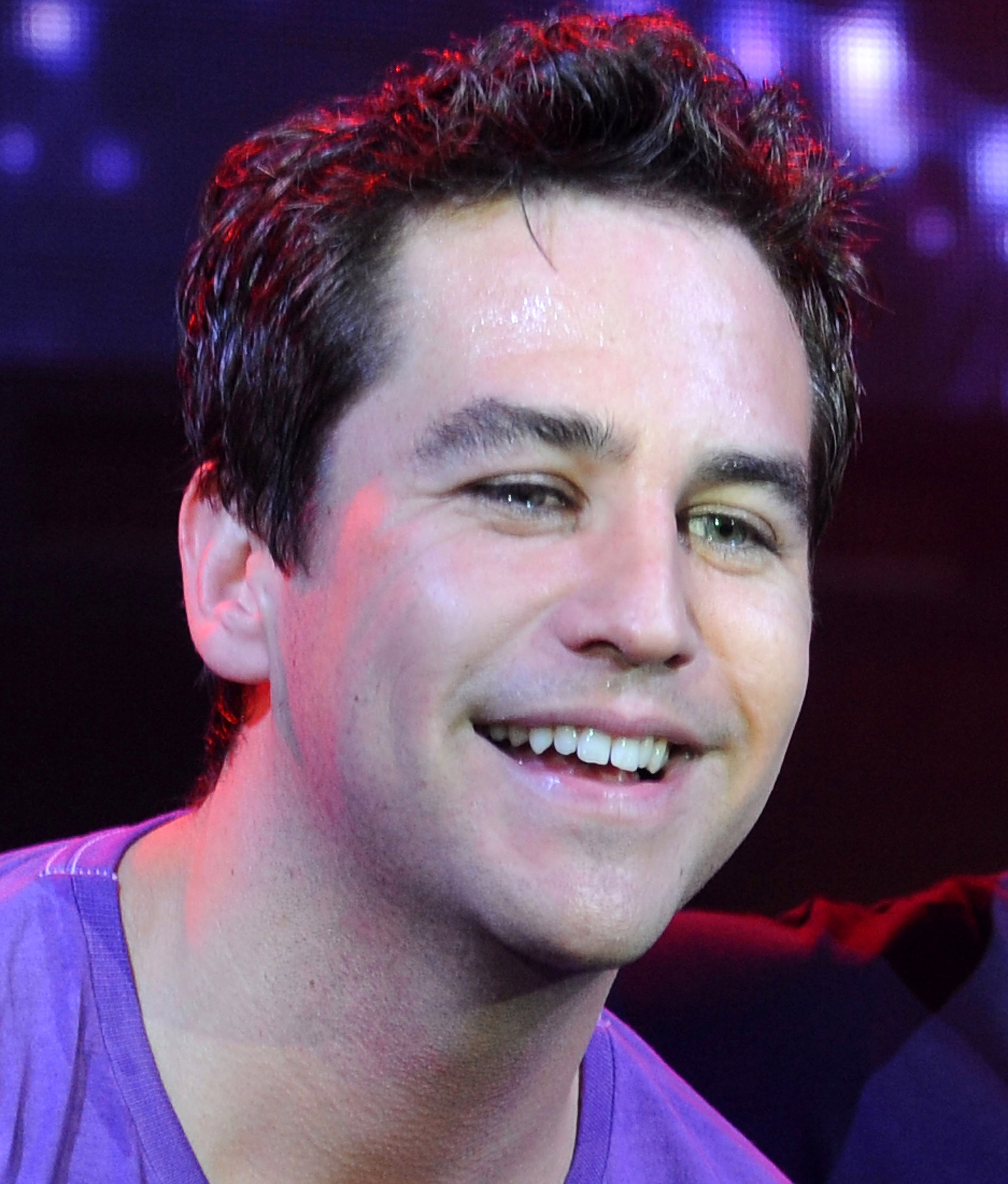
The singer attends the press launch of the new touring show "Gleemania" at Cafe de Paris on October 27, 2010 in London, England | Source: Getty Images
His sexuality was another weight the singer carried quietly. The realization that he was gay came during high school, but even as his career took off, he kept that part of himself hidden. "I hadn't told my parents. I didn't tell my sister till I was 18. It was a different age then," he narrated.
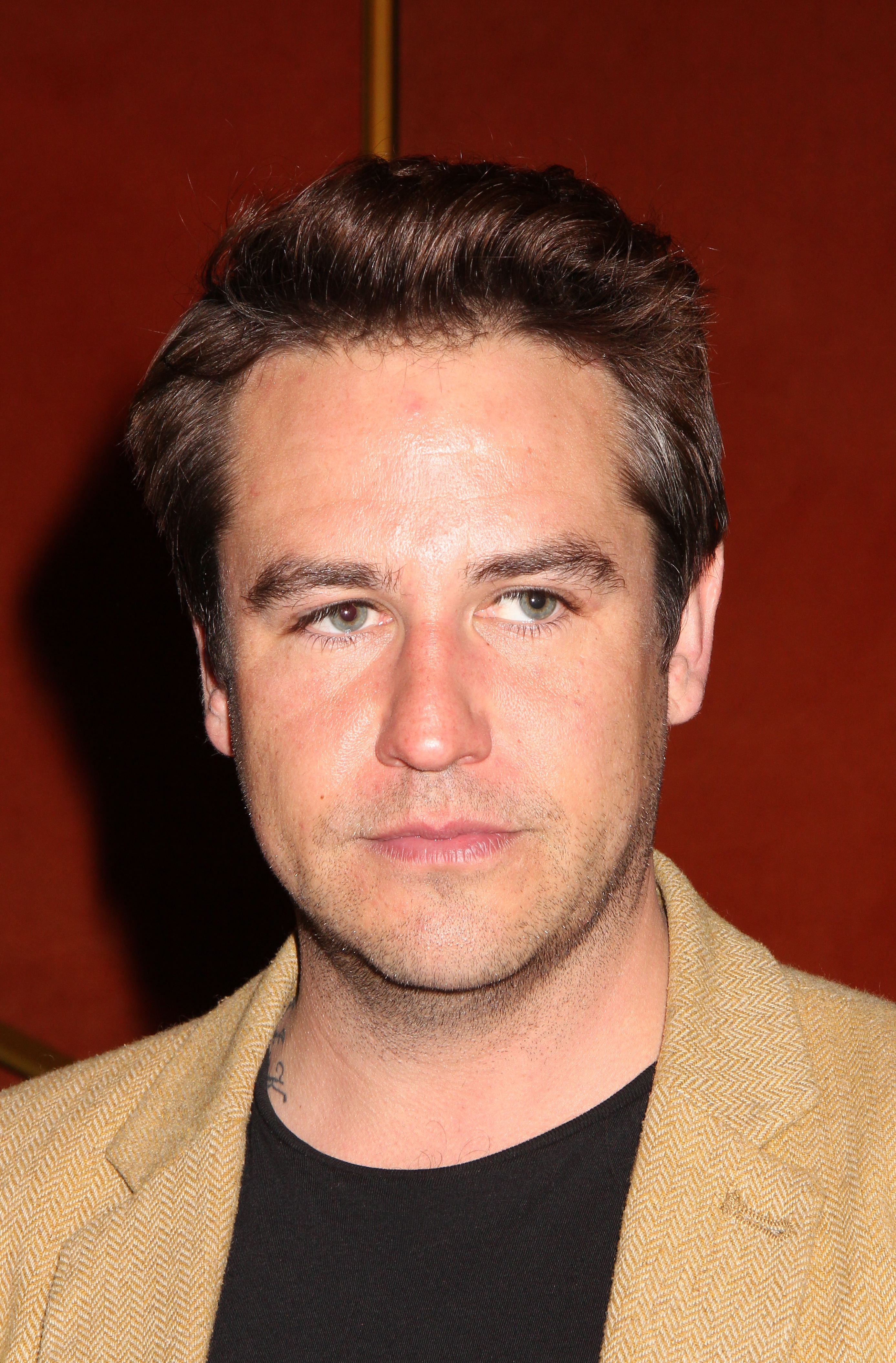
The pop singer attends the UK Premiere of "Come As You Are" at The Curzon Mayfair on June 5, 2013 in London, England | Source: Getty Images
The pressure to maintain an image, especially one that appealed to teenage girls, left little room for honesty. Fear of being outed loomed large. At the time, the social climate made openness feel risky, both personally and professionally.
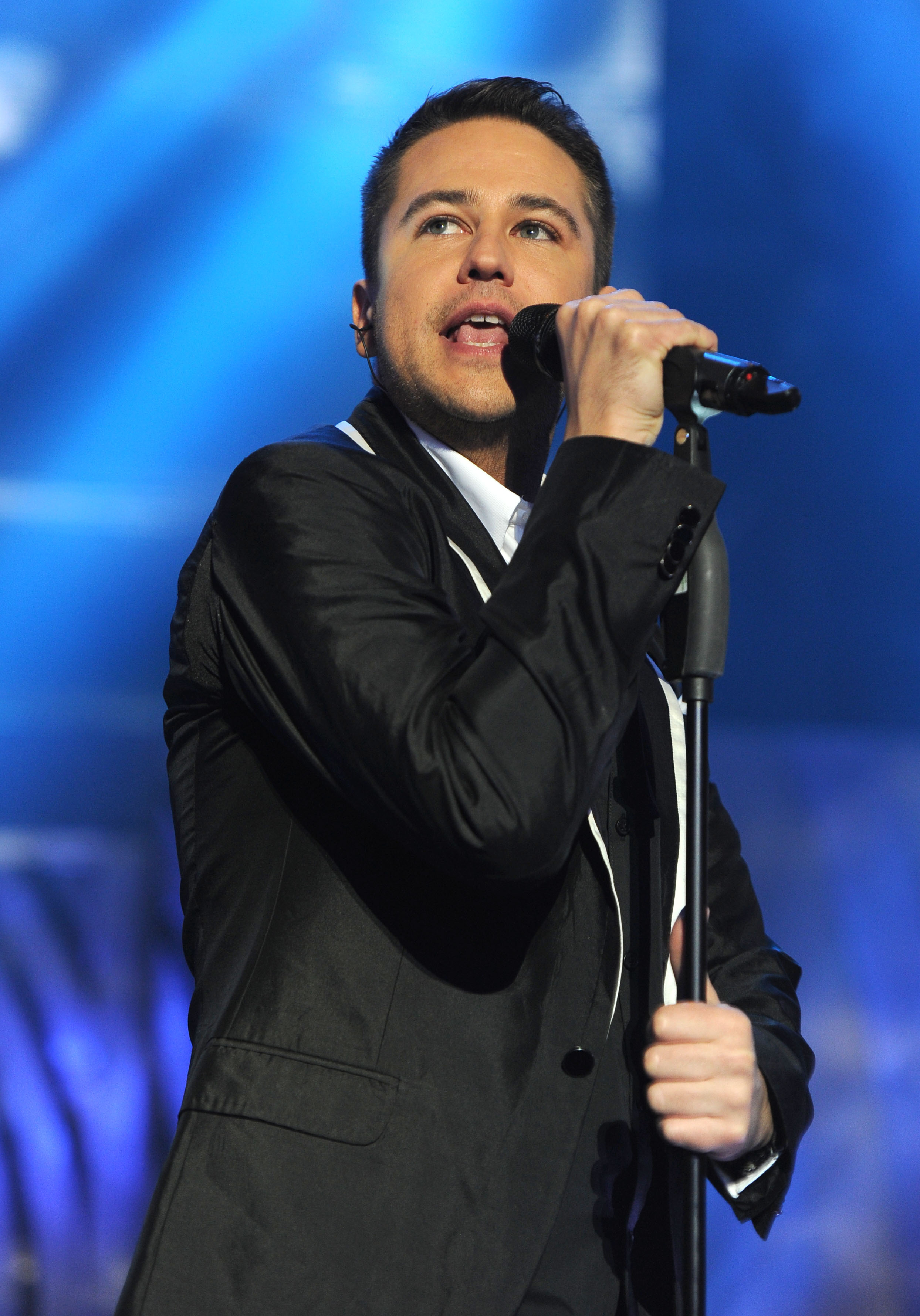
The singer at the Big Reunion Concert at Hammersmith Apollo in London, Britain, on February 21, 2014 | Source: Getty Images
At times, while touring with other artists, he'd exchange subtle glances with men, quietly wondering if there was mutual interest. "You'd have a little feeling," he recalled, "but I dared not say to you, in case you then tell somebody else."
On one occasion, he spent the night with Stephen Gately of Boyzone — an experience that stood out amid years of secrecy. Hiding his sexuality took a heavy toll. "And that's where alcohol came in as a comfort," he admitted.
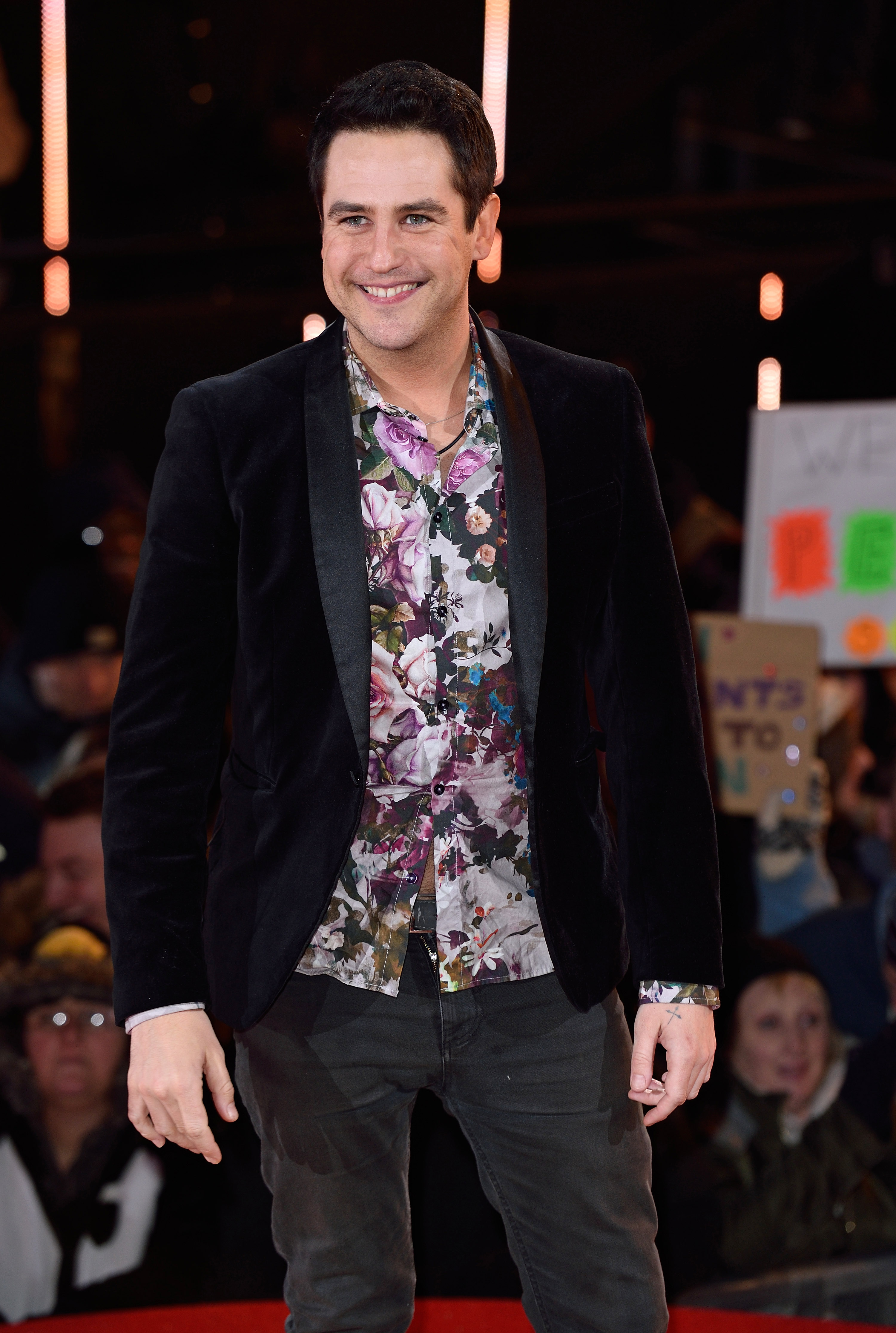
The singer is evicted from the Celebrity Big Brother house at Elstree Studios on February 4, 2015 in Borehamwood, England | Source: Getty Images
The era demanded constant performance, not just on stage, but in life. Looking back, he describes it as emotionally draining, but at the time, he felt compelled to keep pushing forward. Gratitude for his success and intense ambition left little room for self-acceptance.
His path to getting help came unexpectedly when an email from a lawyer landed in his inbox. An old defamation case from the 1990s had been quietly settled, and the payout was larger than anything he'd seen in years. The timing was uncanny, arriving during a moment of deep struggle, as he sat drinking wine from a coffee cup.
With that unexpected boost, he contacted his AA sponsor and asked for help finding a private rehab facility. He felt completely out of control and knew he needed to be somewhere secure. A friend drove him to the clinic and, upon arrival, told the staff he feared alcohol had caused lasting damage.
The reality of how far he'd fallen hit hard. He believed alcohol would eventually kill him as he had seen it happen to others, and that fear lingered during what would become his final stay in rehab.
For reasons even the singer can't fully explain, rehab finally worked. Anthony Gerard Kavanagh, known to many by his stage name, Kavana, has now been sober for three and a half years.
His recovery routine is grounded in small, steady habits: starting each day with a quiet prayer, attending meetings, and staying connected to others. It's the simple acts, the shift away from overthinking, that he credits with keeping him on track.
During his first year of sobriety, Kavanagh wrote "Pop Scars," a deeply personal account of his journey. He remains mindful of how far he's come, and how easily things once unraveled.
Now, he takes pride in calling himself an author. Music isn't off the table. He may return to it someday, and he's also toying with the idea of a one-man show, eager to share his story in new ways.
The information in this article is not intended or implied to be a substitute for professional medical advice, diagnosis or treatment. All content, including text, and images contained on ondoho.com, or available through ondoho.com is for general information purposes only. ondoho.com does not take responsibility for any action taken as a result of reading this article. Before undertaking any course of treatment please consult with your healthcare provider.
